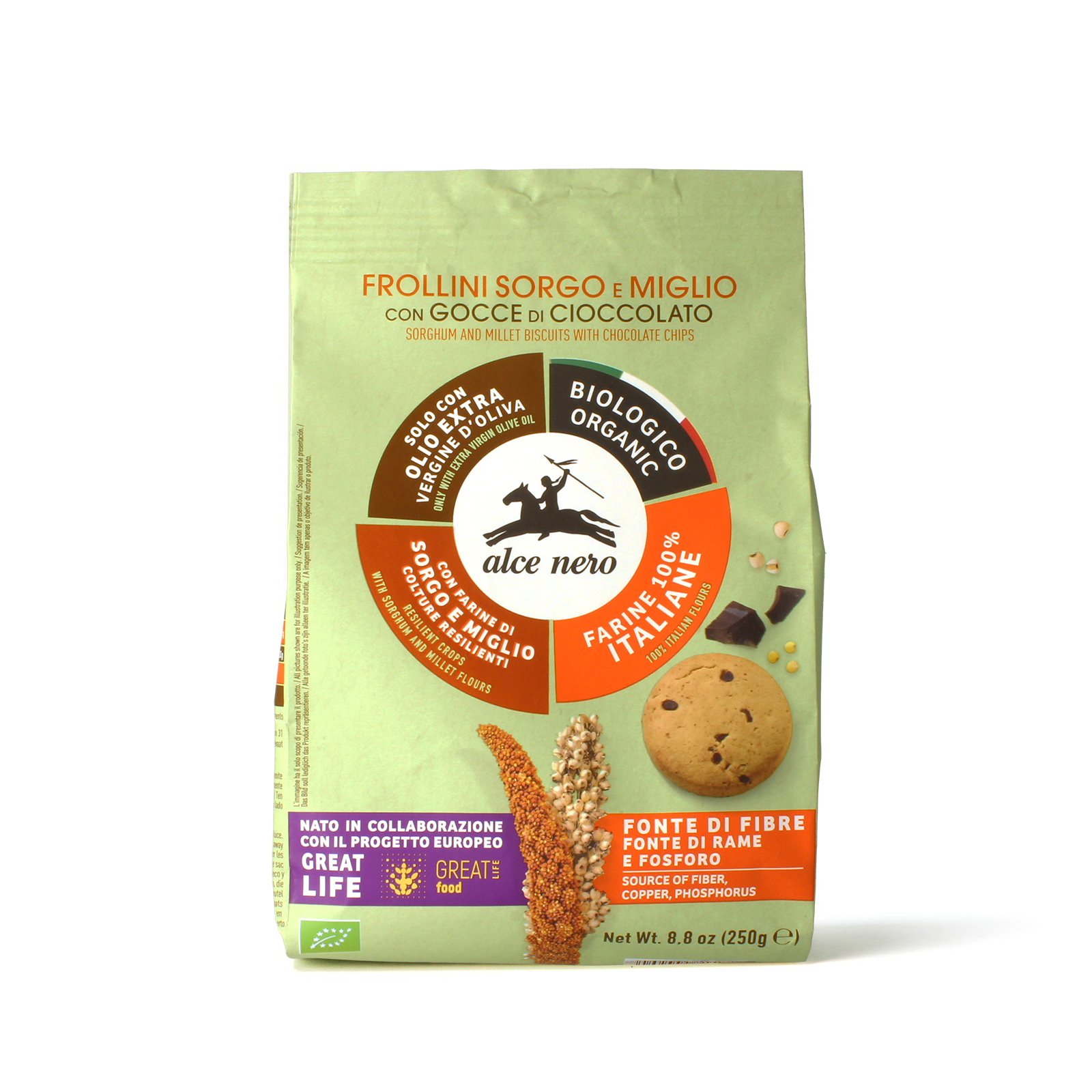
Climate change and food harvesting
Over the past decade, the effects of climate change have had a significantly negative impact on both temperature rises and water scarcity, which is caused by a reduction in rainfall. This unfortunately affects the agricultural production of some traditional crops that require a substantial amount of water to grow, illustrating some of the challenges of unsustainable agricultural practices. This threat can only be alleviated through the implementation of appropriate adaptive measures. In northern Italy, especially in the Po Valley Region, the most significant effects of climate change on crop production are observed during summer, with higher temperatures and serious drought conditions.
Maize is the main cultivated agricultural crop (over more than half a million hectares) in the region, and also has the highest water demand. In order to reduce the impact of climate change on the agricultural activitiesin the Po Valley, as well asin Italy as a whole, the goal of the project isto experiment with new resilient crops and thus sustain farmers’ income while reducing water consumption and producing quality foods for the final market.
GREAT Community = Great food
GREAT LIFE intends to implement an innovative and integrated approach to substituting crops that are less adaptable to climate change with more resilient crops, such as millet and sorghum. These kinds of crops benefit from a higher ability to adapt together with a lower waterrequirement.
To achieve the estimated results, the project consortium carried out a number of activities, starting with research conducted by the Department of Agricultural and Food Sciences of the Alma Mater Studiorum - University of Bologna, then field experimentation by farmers, cereal transformation by Alce Nero, experimentation in school canteens by the Municipality of Cento, and finishing with environmental impact measurement by LCE.
One of the partners, Alce Nero, then produced the first organic products made of the newly cultivated crops, such as millet and sorghum chocolate cookies. Following this, an evaluation of the outcome took place in several school canteens where the respondents were pleased with the flavour and environmental sustainability of the recipes made with millet and sorghum.
All these processes brought together individuals from diverse backgrounds to form the GREAT Community that puts the common good above individual interests. The logic of the community organisation is to try out various forms of engagement with the community by introducing its members to rules, structures and a sense of action centred around a common theme. At the end of the project, around 2000 people were engaged and six other LIFE projects created a connection with GREAT LIFE thanks to the aforementioned community activities.
The overall aim of building a single community that wants to protect natural resourcesthrough understanding the true value of food and the consequences of its production on the economy, health and the environment was fulfilled. This included the creation of a platform to easily collect data for automated reports, guidelinesfor organic millet and sorghum cultivation and a recipe book.
Be Great
(a message from the project coordinating beneficiary – Alma Mater Studiorum – Università di Bologna)
From agricultural production to product transformation until the final consumers, GREAT LIFE considers the production chain as a whole community which believes in the value of food for the protection of natural resources, the environment, farmer’s income and health.
- Project locations
- Italy
- Project website
- Great LIFE
